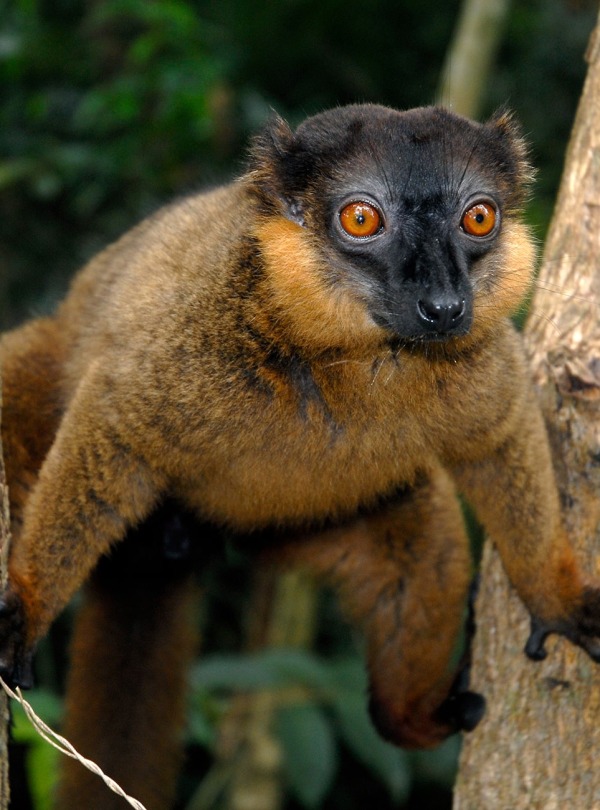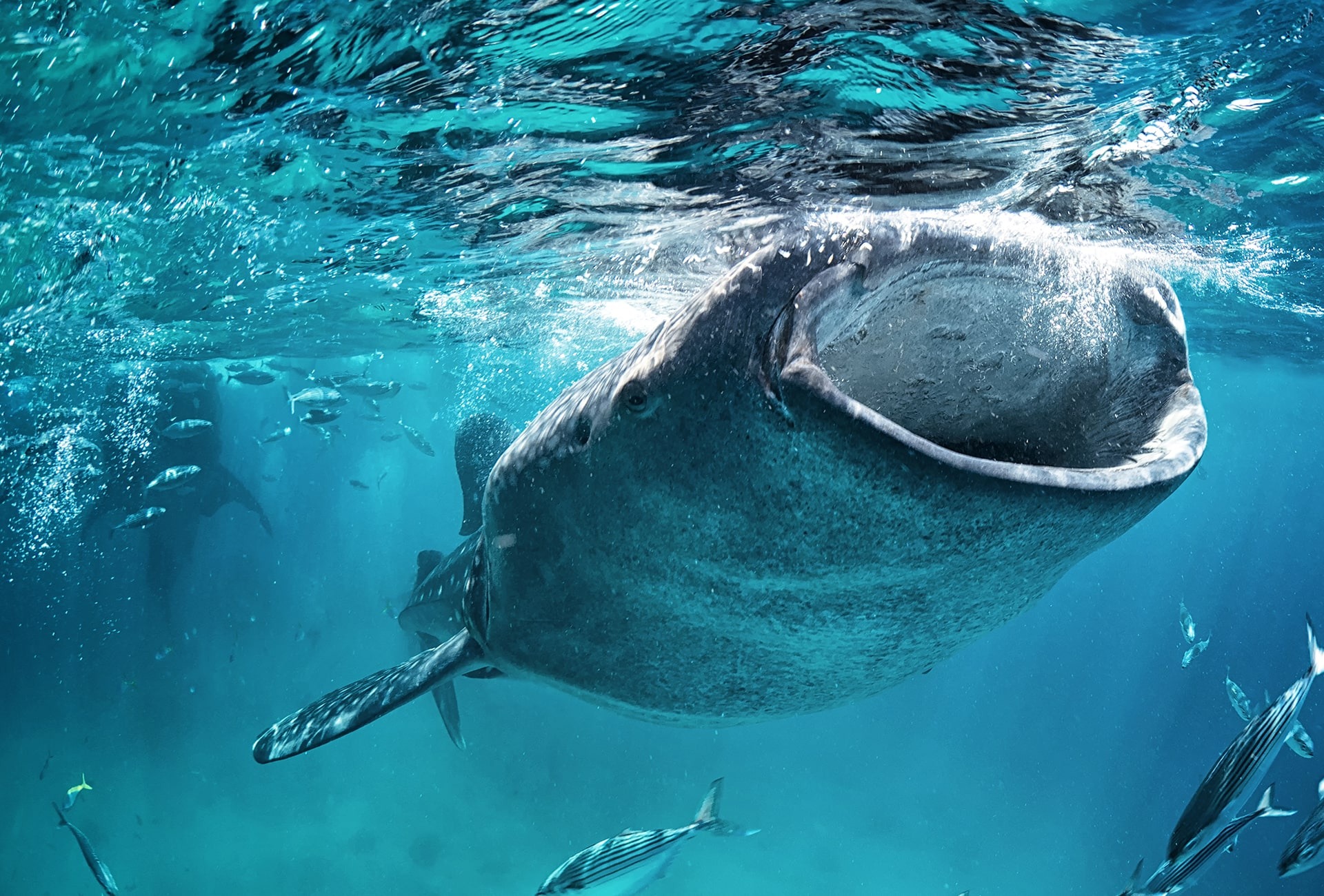
Overfishing, destructive fishing practices, and unsustainable tourism threaten a rich ecosystem of coral reefs, fish, sharks, cetaceans and sea turtles in the Indian Ocean.
-
Species at Risk
Hawksbill Turtle (CR), Whale Shark (EN), Blue Whale (EN), Indian Ocean Humpback Dolphin (EN), Green Turtle (EN)
-
Carbon stored
Not calculated*
*(metric tons of CO2 equivalents) -
Partner
Wildlife Conservation Society–Madagascar
-
695,400 Proposed Acres Conserved by
Designation
-
Project Cost: $872,000
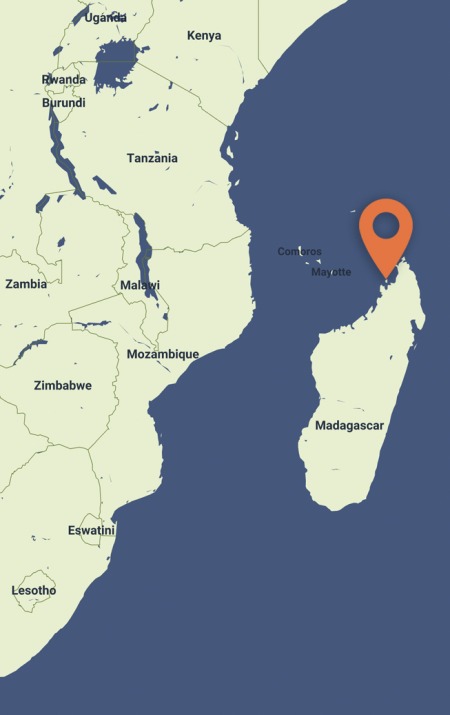
695,400
Overfishing, destructive fishing practices, and unsustainable tourism threaten a rich ecosystem of coral reefs, fish, sharks, cetaceans and sea turtles in the Indian Ocean.
-
Species at Risk
Hawksbill Turtle (CR), Whale Shark (EN), Blue Whale (EN), Indian Ocean Humpback Dolphin (EN), Green Turtle (EN)
-
Carbon stored
Not calculated*
*(metric tons of CO2 equivalents) -
Partner
Wildlife Conservation Society–Madagascar
-
695,400 Proposed Acres Conserved by
Designation
-
Project Cost: £692,063

695,400
Did you know?
is the average length of the world's largest fish, the Whale Shark
Tandavandriva Nosy Be is a marine area off the coast of northwestern Madagascar in the Indian Ocean. Pristine coral reefs encompass hundreds of species of coral that support at least 309 fish species. Sandy and rocky shorelines and eelgrass beds contribute to the high biodiversity recognized by UNESCO and the high economic value the area holds for local communities.
Overfishing, destructive fishing gear, illegal exploitation, unsustainable tourism practices and pollution threaten the vast web of marine life here.
Rainforest Trust and our partner, Wildlife Conservation Society–Madagascar, will support the government of Madagascar in creating the national Tandavandriva Nosy Be Marine Protected Area (MPA) covering 695,400 acres. The marine area serves as an important breeding and feeding ground for Endangered Whale Shark, Blue Whale and Indian Ocean Humpback Dolphin, and is vital habitat for at least 21 additional globally threatened species, including the Critically Endangered Hawksbill Turtle and Endangered Green Turtle.
Explore Nosy Be Island
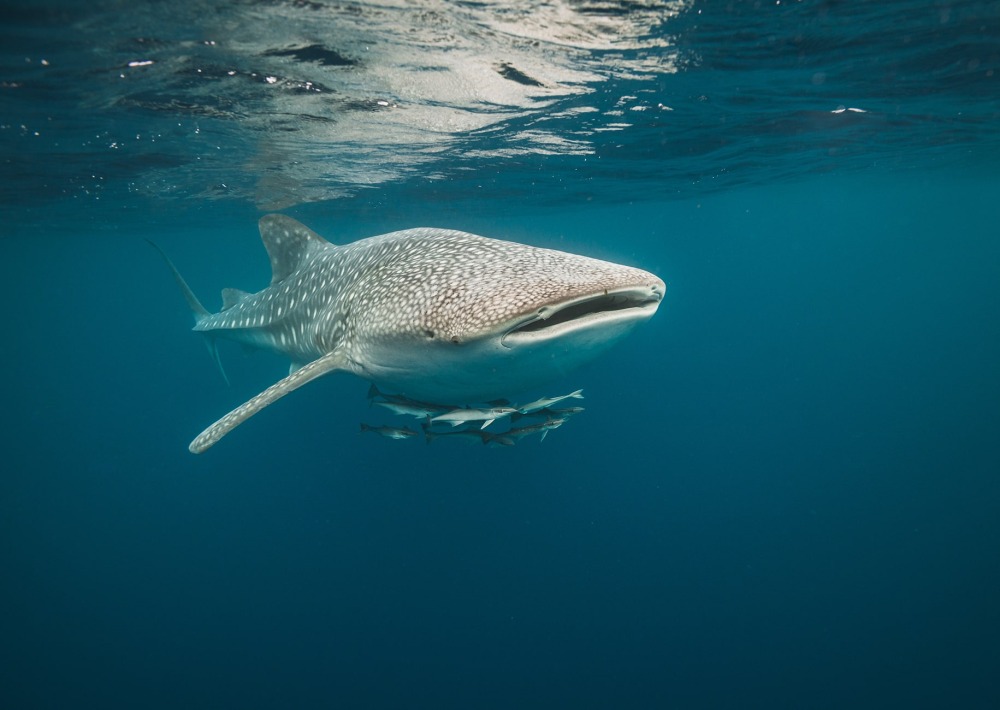
Whale Shark, by Aaronejbull87
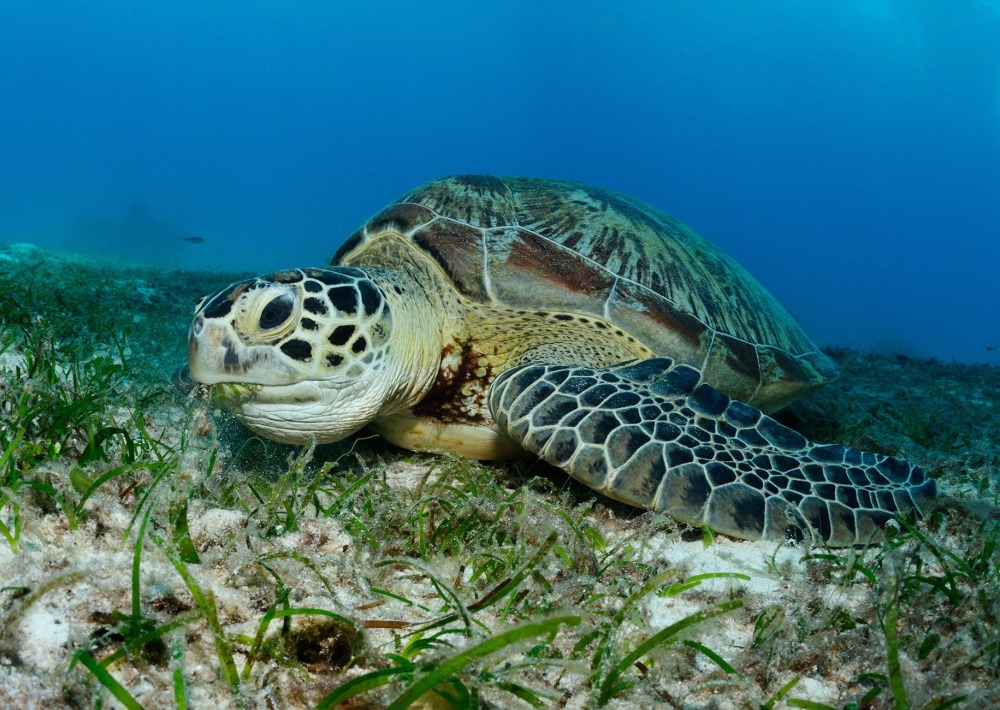
Green Turtle, by Oksana Golubeva
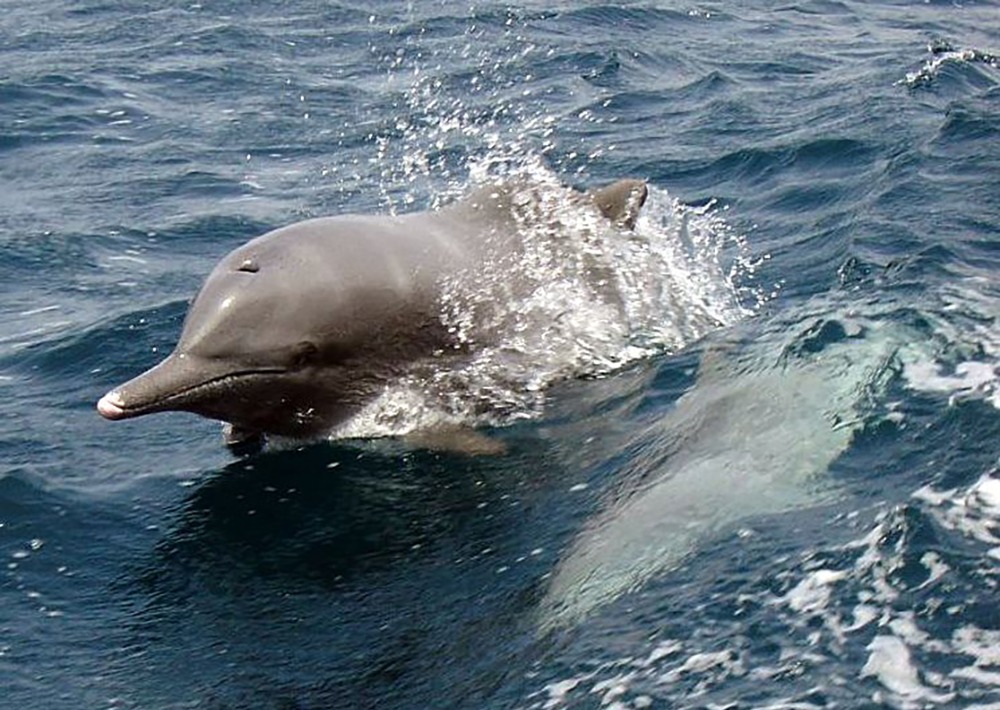
Indian Ocean Humpback Dolphin, by amanderson2/Wikimedia CC
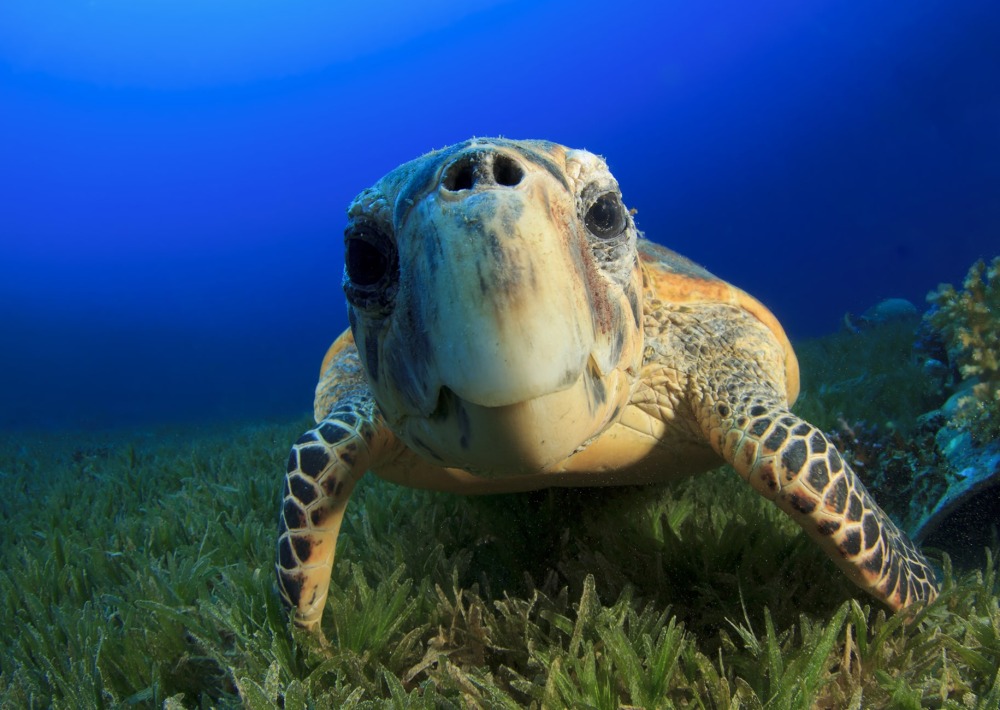
Hawksbill Turtle, by Rich Carey
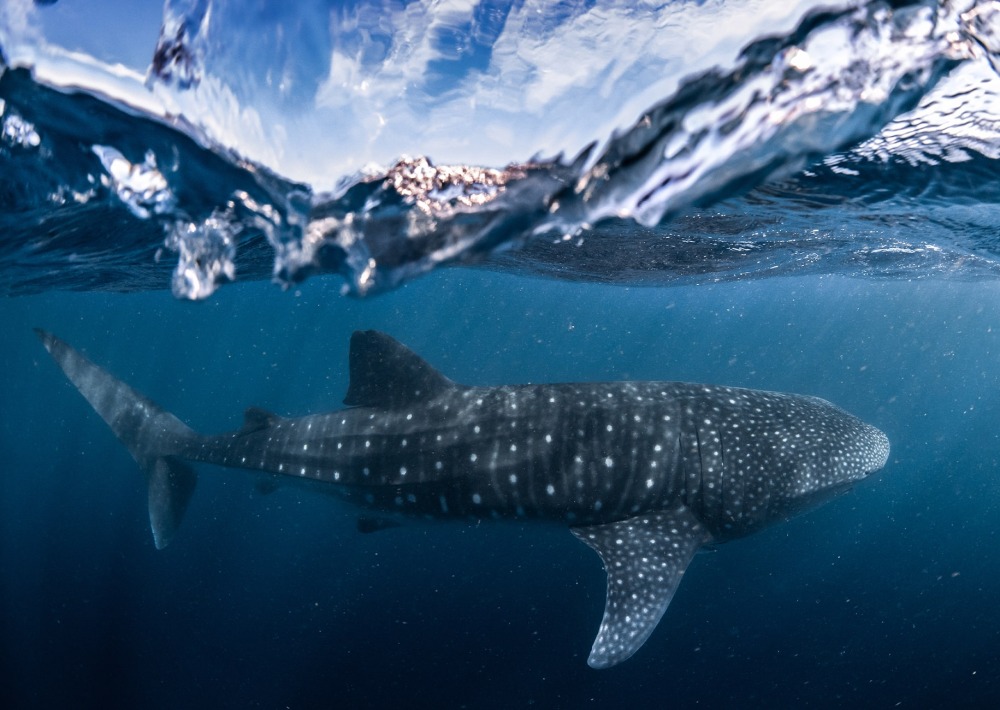
Whale Shark, by Lewis Burnett

Hawksbill Turtle, by Andrei Armiagov
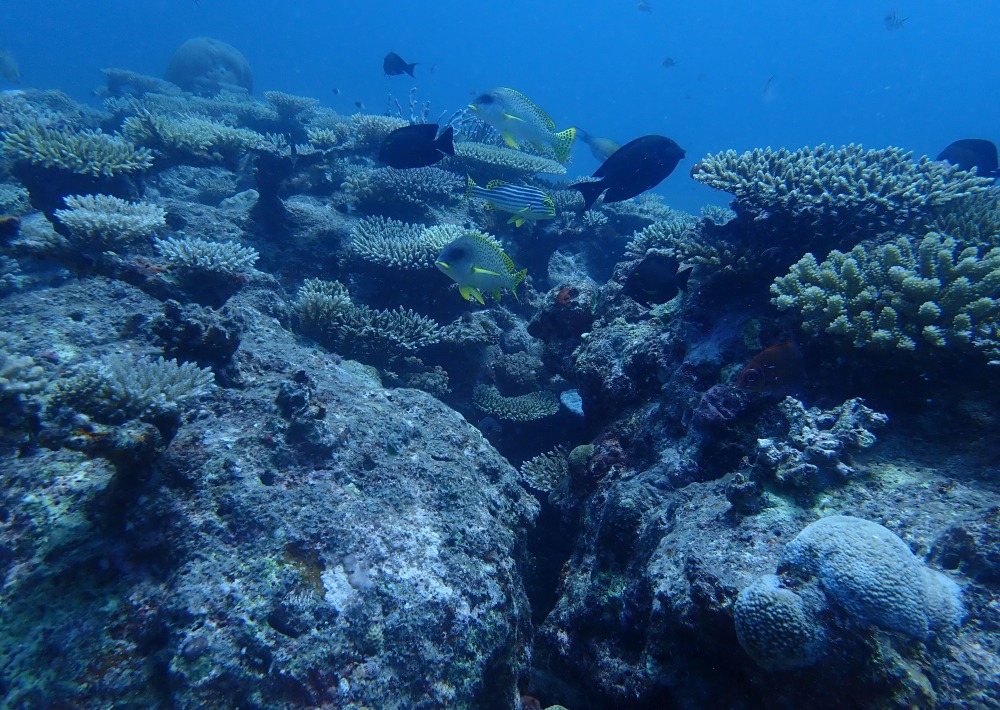
The project landscape, courtesy WCS
Safeguard Habitat for the World’s Largest Fish
Madagascar is a global hotspot for the Whale Shark, named for its length, which averages 39 feet, and weight up to 15 tons. These enormous filter feeders regulate populations of small fish and maintain ecosystem health. Groups of about 500 Whale Sharks have been documented in the waters around Nosy Be, but they are frequently victims of boat collisions. Without the added safety of the MPA designation, the entire coral reef ecosystem is threatened by unsustainable fishing and tourism practices.
When the 695,400-acre Tandavandriva Nosy Be MPA is linked to existing MPAs to the east and west, Whale Sharks and other wide-ranging marine species will benefit from fortified connectivity in the East African region. This project will ensure long-term survival of coral reef ecosystems vital to both migratory and resident marine life.
Strengthen Food Security for Local Communities
Creation of the MPA will improve the livelihoods of 4,700 local fishers and their families as sustainable fishing practices are encouraged and industrial fishing is prohibited. Communities who rely on fishing will be involved in developing regulations and surveillance to ensure they are enforced. Food security in Madagascar, where more than 90% of the population lives below the poverty line, depends on healthy fisheries.
Conservation work is critical, challenging, and can be costly. We work hard to ensure we raise only the funds needed for each project. In the rare case we raise more money than needed or a project comes in under budget, excess monies will be transferred to the Conservation Action Fund. This fund supports our important conservation work throughout the tropics.
Project Modifications
Rainforest Trust conducts extensive research and due diligence on each of the projects that we support, so that once a project is offered for public support we believe it will succeed. We work closely with our project implementers, offer support, and regularly monitor their progress. Given the nature of the work, projects may not progress exactly as intended and may be unable to meet all objectives. To respond dynamically to the needs of our project implementers and the realities of the landscapes in which they operate, Rainforest Trust expressly reserves the right to modify a project as it deems necessary, provided that donor intent is honored by ensuring that that the original project objectives are diligently pursued and that project funds continue to benefit the landscape and species identified in the project overview. Project modifications that we may need to make in certain circumstances include the specific project implementer, the size of the landscape to be protected, the type of protection to be afforded to the landscape, and the development of sustainability mechanisms.
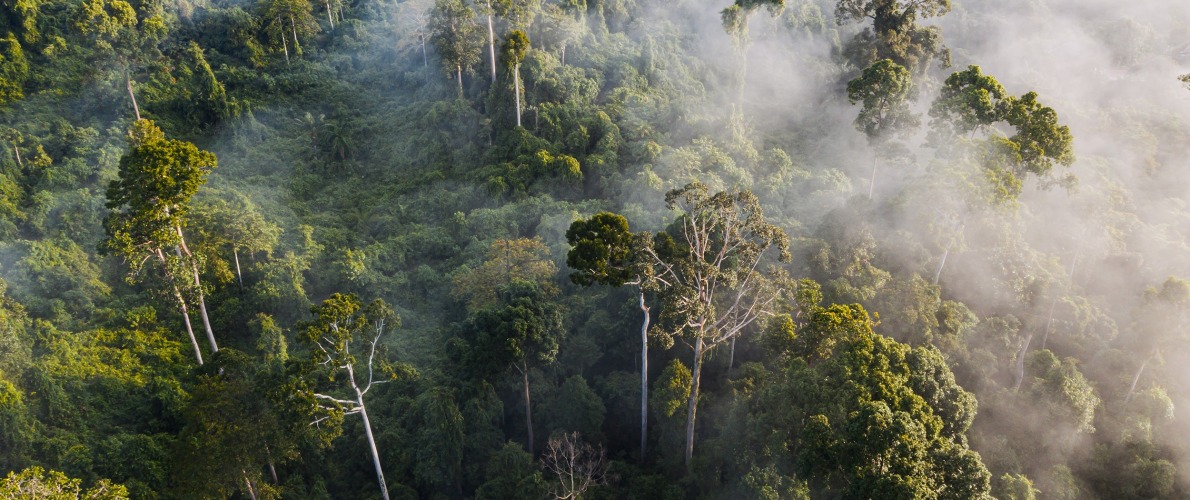
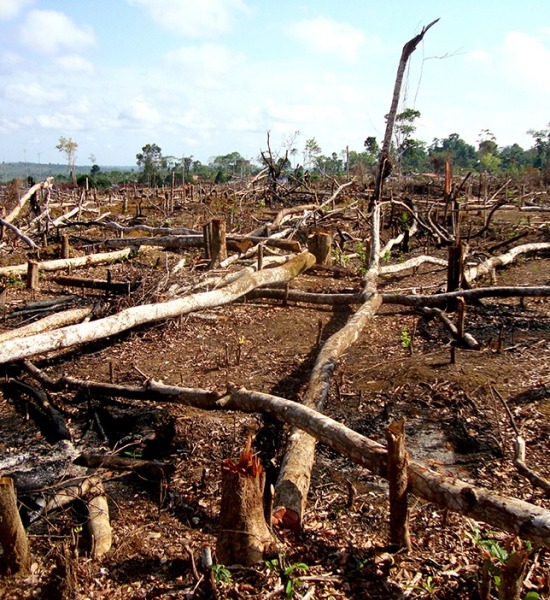
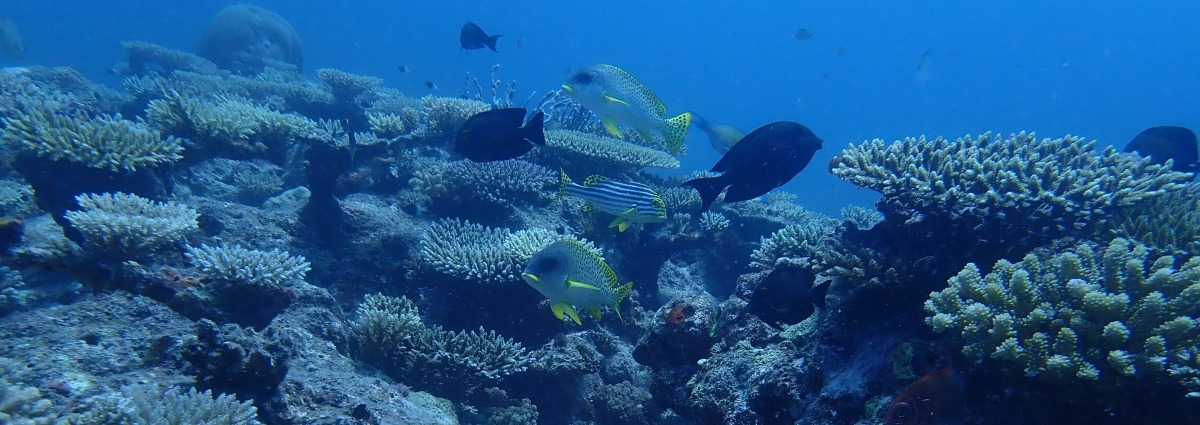
Partnering to Save Rainforest
Our partners’ ability to work with their governments and build strong connections with local communities ensures the successful implementation of our projects.
Learn More About This PartnerLearn More About This Partner
